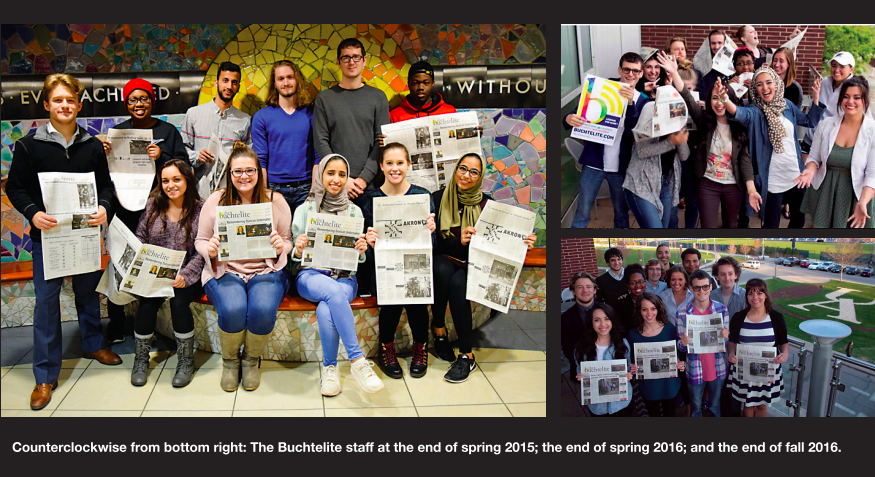“Feeling a little down lately? Often there is no need to worry, as bad times pass and more good times come. But what about when the bad times don’t end, and the sadness persists and begins to affect the way you function in everyday life? Then it may be time to get screened for clinical depression.”
“
Feeling a little down lately? Often there is no need to worry, as bad times pass and more good times come.
But what about when the bad times don’t end, and the sadness persists and begins to affect the way you function in everyday life? Then it may be time to get screened for clinical depression.
It may be hard to draw a line between depression and occasionally feeling blue. Depression is a state of prolonged sadness occurring for no apparent reason.
Symptoms include sadness, anxiety, decreased energy or fatigue, loss of interest or pleasure in usual activities, sleep disturbances, feelings of hopelessness, guilt, or worthlessness, thoughts of suicide or suicide attempts, difficulty concentrating, irritability or excessive crying and unexplainable chronic aches and pains.
Depression among college students is fairly common, even if they don’t know they have it. According to a 2004 survey by the American College Health Association, nearly half of all college students in the United States report feeling so depressed at some point in time that they have trouble functioning and 14.9 percent meet the criteria for clinical depression.
Depression is a huge problem in the college student population, said John Greden in a University of Michigan Health Minute article.
Greden is the executive director of the University of Michigan Depression Center, the nation’s first comprehensive center for research, treatment and education on depression and related disorders.
The age of onset for depressive illnesses tends to peak during the ages of 15 to 19. That’s when it starts to appear, and the estimates are that probably 15 percent of the college student population may be struggling with depressive illnesses.
The roots of depression can be somewhat complex, Greden explained.
Depression is both a physical disorder, rooted in brain chemistry and our genes, and an emotional and environmental disorder, meaning that it’s accentuated by stressful life events.
Going to college brings on an onslaught of new, stressful situations: increased workload, a requirement to manage time more effectively, financial issues, being away from family, meeting new people and the temptation of increased drug and alcohol use, to name a few.
All of these factors can contribute to the onset of a depressive episode.
Juanita Martin, the director of the Counseling, Testing and Career Center at the University of Akron, believes that depressive episodes can strike students without students being aware of it.
Sometimes people are depressed and don’t realize or believe they are depressed but don’t know how to cope with the symptoms, she said. We encourage the University of Akron community to participate in the screening because depression is treatable.
If depression goes untreated, depressive episodes are likely to increase in severity and frequency. It then becomes more difficult to treat, which means that it is essential to catch depression in its early stages.
Untreated depression can lead to suicide, which is the third leading cause of death of those aged 15-24 and the second-leading cause of death among college students.
The treatments available include psychotherapy and counseling to combat the emotional aspect of the disorder, and medication to remedy the physical aspect of the disorder.
Depression is not a condition that one can adapt to and get over. It requires treatment so it doesn’t result in a lifetime course that will likely get much worse, and can have many negative consequences.
Free 10-minute depression screenings will be available in Simmons Hall 101 Thursday, National Depression Screening Day. For more information, call (330) 972-7082.
“












